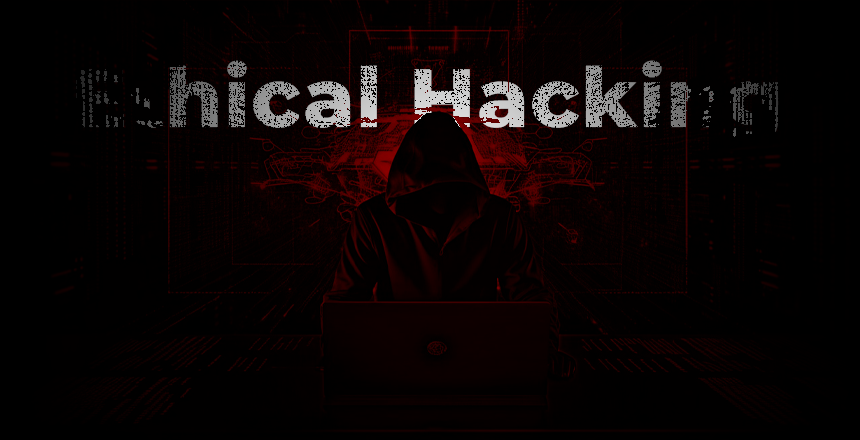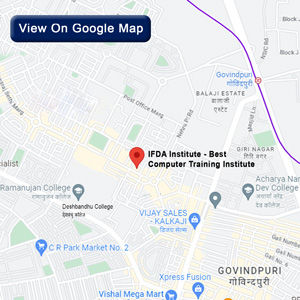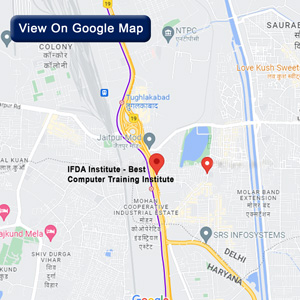Is Ethical Hacking A Good Career

Ethical hacking is now a crucial component in the continuously growing market for information technology security. As much as there is increased cyber risk and attacks targeting businesses, governments, and individuals, there is a need for protective intelligence expertise. White-hat hackers, or ethical hackers, are people who have the skills to hack computer systems lawfully with the intention of identifying weaknesses that could be exploited by black-hat hackers. This blog is about the pros and cons of ethical hacking as a career, the knowledge needed, the jobs out there, and the complications one might encounter in the job.
Ways in which ethical hacking is essential
This was seen to be true in the ever-progressing technology that we have today, in which the sophistication of cyberattacks is also advancing. Today, many businesses retain huge volumes of information on their computers, which makes them vulnerable to hackers. Ethical hackers are also very important when it comes to preventing and rectifying security risks that could result in leakage of confidential data, loss of funds, or even an organization's reputation. What they do guarantees that systems, networks, and applications are secure, therefore greatly reducing risks to users.
Skills and qualifications
To decode the role of the ethical hacker, one has to understand that an ethical hacker is a special type of person; a person should possess technical skills, have the required certification, and most importantly, be a problem solver and an innovation seeker.
1. Technical Skills: A good, sound knowledge of computer systems, networking, programming languages (Python, Java, C++, etc.), and operating systems (Windows, Linux, Solaris, etc.) is very important. They should also have a good command of aesthetic tools, which are fundamental to pen testing and vulnerability scanning, including Metasploit, Nmap, Wireshark, and Burp Suite, among others.
2. Certifications: It is crucial to attain certifications with the intention of acquiring a validation of one’s competence in the relevant discipline. The most known certifications include Certified Ethical Hacker (CEH), Offensive Security Certified Professional (OSCP), Certified Information Systems Security Professional (CISSP), and GIAC Penetration Tester. These certifications show that a particular candidate is familiar with legal hacking, and such people will be extremely appealing in the employment marketplace
3. Soft Skills: Ethical hackers must also possess good analytical and critical thinking skills in order to be successful. The current crop of IT employees must be capable of thinking like hackers, being able to forecast the types of threats that organizations could face, and also being in a position to give out solutions on how best the systems could be protected. Other practical soft skills include good communication skills, as ethical hackers often report to managers who have little understanding of information technology.
Employment and prospects of employees
Ethical hackers have become in great demand in recent years due to their high profile and frequent cyberattacks. According to various sources, it is forecast that the cybersecurity employment rate will increase through the next decade, particularly for ethical hackers.
1. Corporate Sector:Numerous organizations that are at present targeted by potential hackers include large-scale companies as well as financial institutions, and therefore these are some of the biggest employers of ethical hackers. Such organizations require skilled IT professionals who can constantly watch out for and safeguard the organization's networks against future threats.
2. Government Agencies: Burgeoning, governments from different parts of the globe are extending funds in cybersecurity to safeguard national security. Intelligence agencies, defense departments, and other governmental agencies contract ethical hackers to keep vital information and infrastructure from espionage and cyberattack.
3. Consulting Firms: A large number of ethical hackers prefer to join companies that provide specialized services in the protection of businesses and companies from cyber threats in different sectors. These firms sometimes engage in services such as penetration testing, vulnerability assessment, and security audit services for various clients so that the targeted organization can draw up decent protection against cyber threats.
4. Freelancing: Freelance or independent contractors may include ethical hackers who have built a credible reputation and also gained many years of experience. One advantage of this path is that there is never a shortage of work, which will only allow for working on a great variety of projects. Another opportunity for freelancers is bug bounty programs, where those who find weaknesses in some programs or systems are paid money for them.
Challenges in Ethical Hacking
Indeed, there are various benefits to ethical hacking, but it cannot be denied that this profession has its fair share of risks.
1. Constant Learning:As cyber-security remains one of the most dynamic fields in our current society, people practicing this profession should ensure that they are updated with the current trends in the market. This necessitates that one be willing to embrace learning and training in his or her career throughout his or her working lifetime.
2. Stressful Work Environment: Ethical hacking can be quite demanding since hackers are expected to solve problems hurriedly so as to prevent ‘‘real’’ hackers from capitalizing on the loophole. Ethical hackers may be required on call and can be called upon to work under emergent conditions, thus working odd hours.
3. Ethical Dilemmas: Ethical hackers are required to follow a certain standard code of ethics and to perform the hack legally. Sometimes this results in moral dilemmas, situations in which it is not entirely clear as to what one has to do as a matter of right and wrong. Solving such issues calls for high levels of ethical standards as well as sound ethical principles and moral character.
4. Legal Implications: Ethical hackers have to work within the legal framework of the country. It’s therefore important to understand that cracking into systems for what is considered ‘good’ reasons can result in legal action. As a result, ethical hackers have to make sure that they have obtained appropriate permission and approval before embarking on any exercise in hacking.
This is a guide to the opportunities enjoyed by ethical hackers.
Nevertheless, ethical hacking as a profession can be very fulfilling. Ethical hackers are extremely valuable in the fight against cyber criminals and increase the safety of individuals’s personal data and the general reliability of electronic networks. Another motivation people get for being interested in cybersecurity as a career path is the satisfaction of having stopped the cyber attackers and made the cyber world secure.
Besides, ethical hacking is a well-paying profession. Due to the shortage of highly skilled people, in addition to being a very specific job, ethical hackers are capable of receiving very good pay. Also, the large selection of possible occupations and the range of occupations, including work in large companies and freelance, offer many opportunities to develop as an individual and an occupation
Conclusion
Undoubtedly, ethical hacking is one of the most promising and interesting professions for people who are interested in computer security and doing intricate puzzles. Hence, it should be evident that, due to the ever-rising threat of cybercrime, the need for ethical hackers will remain high into the future, and there will be a rich potential for career progression and pathing. Thus, potential ethical hackers should be ready to work on the challenges of continuous learning, high pressure at work, and ethical issues. Ethical hackers should be able to obtain skills, certifications, and experience to create a prosperous and meaningful career in improving the security standards of the digital environment.
- Written By - Natasha Singh









